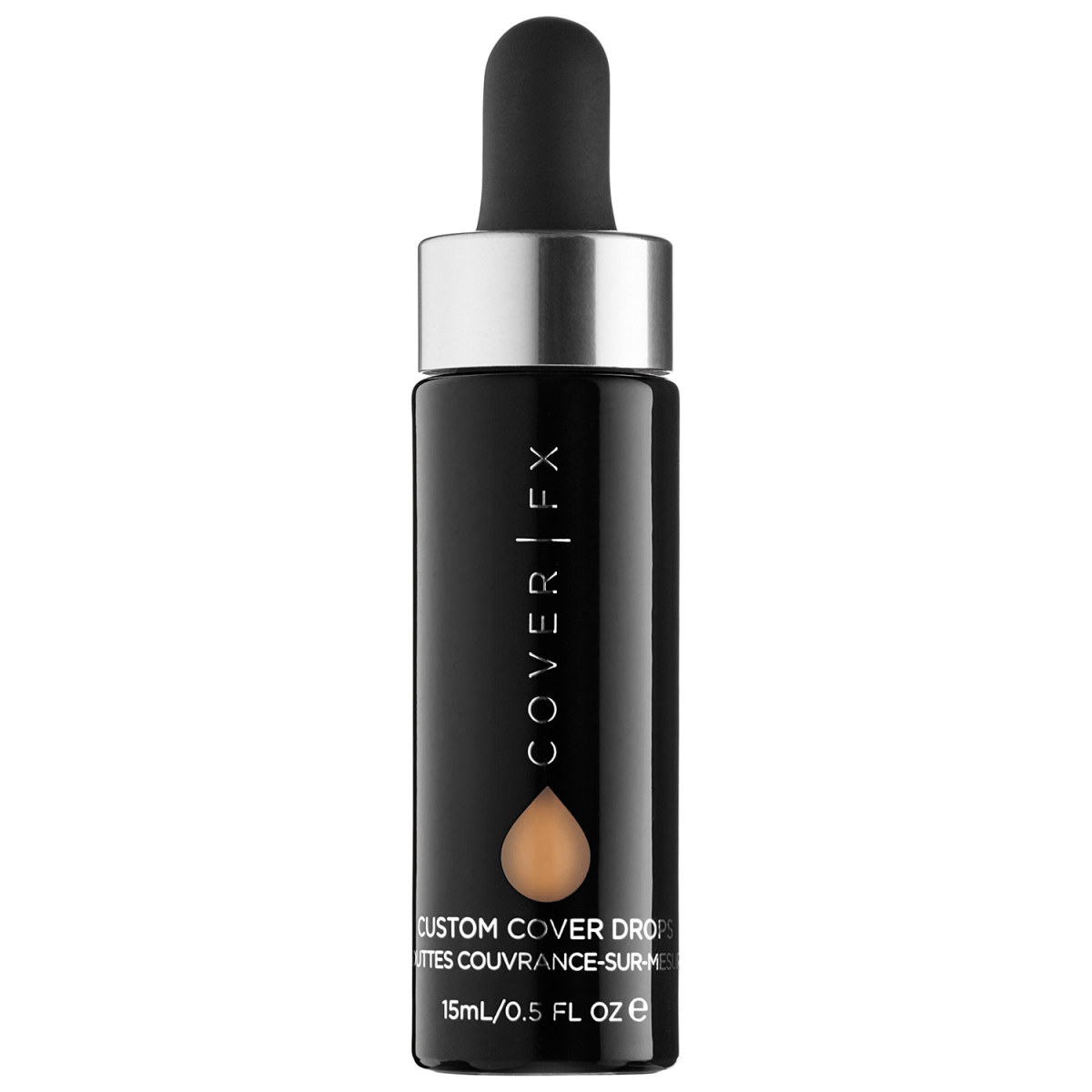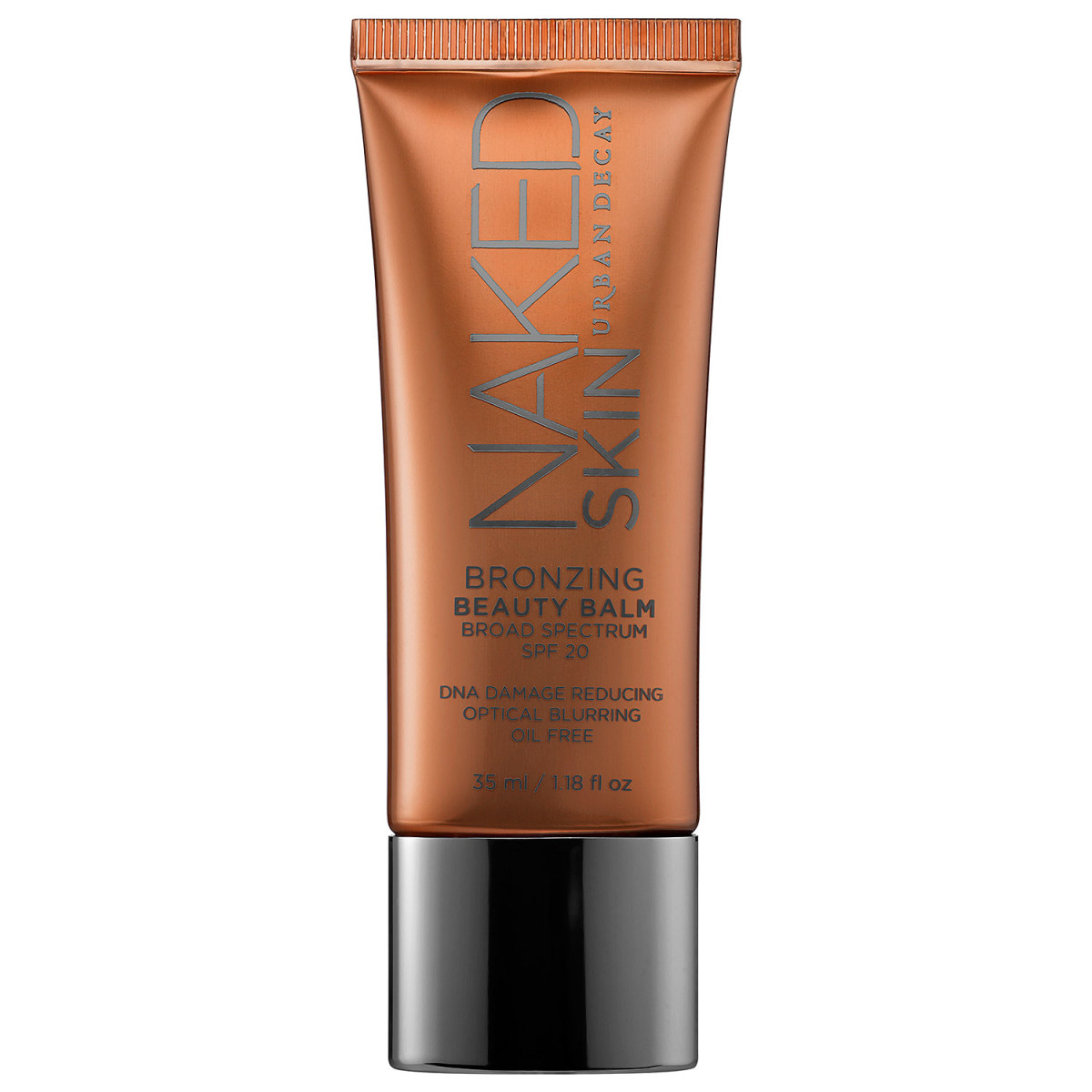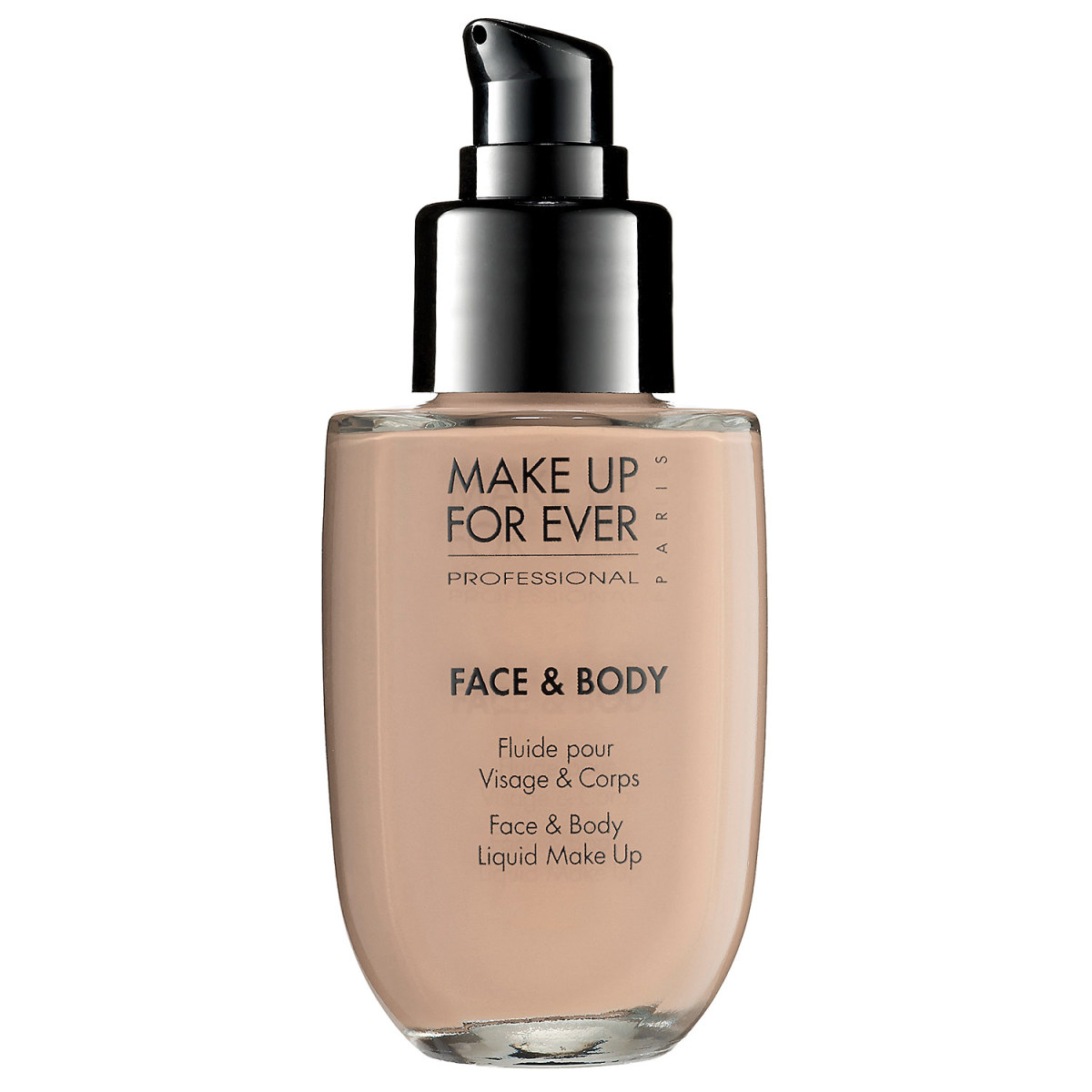Face Lighter Than Body - Skin Tone Differences
It's a common sight, you know, when someone's face appears a shade or two lighter than the rest of their body. This observation, actually, isn't just something you imagine. Many people experience this noticeable difference in skin color, and it often leads to questions about why it happens. It can feel a little bit like your face is showing one story while the rest of you tells another, a bit like trying to get the right "face" to show in a picture, where sometimes it just doesn't quite match up with everything else around it.
The skin on your face, as a matter of fact, goes through a lot more than the skin on your arms or legs. It's out there, facing the sun, the wind, and all sorts of things every single day. This constant exposure means it reacts differently, sometimes leading to a lighter appearance. It's kind of like how a particular part of a design might need a different "angle manipulator" to look just right, because its position changes how light hits it, making it seem different from the rest of the piece.
This discussion will explore the various reasons behind this common skin tone variation. We'll look at how your daily habits and even your body's own biology play a part in creating a face lighter than body. We'll also touch on ways you might approach balancing these differences, if that's something you wish to do, considering how we present ourselves, and what we choose to "share" with the world, can often feel like a very personal thing.
Table of Contents
- Why Does Skin Color Vary Across Your Body?
- Is Your Face Lighter Than Body Because of Sun Exposure?
- What Role Do Products Play in a Face Lighter Than Body?
- How Can You Balance a Face Lighter Than Body?
Why Does Skin Color Vary Across Your Body?
The skin all over your body isn't just one big, uniform sheet. It's actually a collection of different types, each with its own special characteristics. Think of it like trying to make a 3D model; you have different "faces" or surfaces that behave uniquely depending on their purpose and how they're set up. Your face, for example, has thinner skin compared to, say, your back or your legs. This thinner quality means it might react more noticeably to various things it comes into contact with, or to changes in its surroundings. It's a bit like how a program might "recognize the face of a linked object," but then treat it differently from other parts.
Another big player in skin tone differences is the amount of melanin present. Melanin is the natural substance that gives your skin its color. Different parts of your body can produce varying amounts of this pigment. Your face, in some respects, is typically more exposed to the elements, which can influence how much melanin is produced there compared to areas that are usually covered up. This can lead to a slight shift in color, making your face appear lighter or sometimes even darker than the rest of you, depending on the specific circumstances. It's a natural process, really, a bit like how certain textures might not "wrap around" a shape perfectly, leading to subtle differences in appearance.
Hormonal changes can also play a quiet role in how your skin tone presents itself. For instance, during certain times in life, some people notice shifts in their skin's appearance, particularly on their face. This is a very natural part of how our bodies work and adapt. It's a subtle thing, almost like how a small adjustment in a design program can change how a "face" looks, perhaps making it show a different shade or texture than you expected, even if the underlying structure remains similar. These internal shifts, along with external factors, contribute to the overall picture of your skin's color variation.
The Science Behind a Face Lighter Than Body
At a very basic level, the science behind a face lighter than body involves a few key biological processes. Your skin cells are always renewing themselves, and this renewal rate can vary across different body parts. The face, which has a higher cell turnover rate, might shed older, potentially more pigmented cells faster, leading to a fresher, lighter layer of skin coming to the surface. This constant renewal is a bit like how you might update software; new versions replace the old, sometimes changing how things look or operate.
Blood flow also plays a part in skin appearance. The face has a rich network of tiny blood vessels, which can influence its color. When these vessels are closer to the surface, they can give the skin a warmer or redder tone. However, if the overall melanin content is lower, the underlying lighter skin might still be more noticeable. It's a delicate balance, you know, like trying to get the "correct face to show" in a visual design, where the interplay of different elements affects the final look, making it not "show black, but show gray" or a different shade entirely.
Then there's the natural protective barrier of your skin. The skin on your face, while perhaps thinner, is also constantly working to protect you from the outside world. This ongoing effort, combined with the way it interacts with light, can make it appear different. It's almost as if your face is a display, and how it's lit and what's behind it changes how you "see" it. This inherent difference in how the skin on your face functions, compared to other parts of your body, certainly contributes to why a face lighter than body is a fairly common occurrence for many people.
Is Your Face Lighter Than Body Because of Sun Exposure?
Sun exposure is, honestly, one of the biggest reasons why your face might look lighter than the rest of your body. Your face is almost always uncovered, meaning it gets a lot more direct sunlight than, say, your chest or stomach. When sunlight hits your skin, it triggers the production of melanin, which is your body's natural sunscreen. However, too much sun can also cause damage, and sometimes, this damage can lead to uneven pigmentation. It's a bit like how a "split face" approach in design might project things in parallel, but it doesn't really "wrap the letters around" perfectly, leading to parts that just don't quite line up.
The type of sun exposure matters, too. Short, frequent bursts of sun on your face, even just from walking outside for a few minutes each day, can add up over time. This consistent, low-level exposure might not cause a deep tan, but it can influence the overall tone of your facial skin differently than a longer, more intense sunbathing session on your body. It’s not about putting text along the length of something in a simple line; it's about how different parts react to different types of interaction, leading to a subtle yet noticeable shift in appearance.
Think about how easily your face can get a sunburn compared to other areas. Even a mild burn can cause skin peeling and a temporary lightening of the skin as new cells come to the surface. This constant cycle of exposure, protection, and renewal on your face can create a lighter appearance over time. It's a very real effect, and it shows just how much our environment shapes how our skin looks, pretty much every day.
Protecting Your Face Lighter Than Body
If you're looking to help balance a face lighter than body, protecting your skin from the sun is a really good place to start. Using a broad-spectrum sunscreen with a good SPF rating every single day, no matter the weather, can make a significant difference. This helps to create a more even barrier against the sun's rays, allowing your skin to maintain a more consistent tone. It's a bit like setting up a strong defense system, making sure that your "face" is well-guarded against external influences.
Wearing wide-brimmed hats and seeking shade, especially during the sun's strongest hours, also offers extra protection. These simple habits can reduce the amount of direct sun your face receives, which in turn can help prevent further lightening or unevenness. It's about being smart with your exposure, basically, understanding that just as you might choose who "can see" certain things on social media, you can also control how much sun your skin "sees."
Even on cloudy days, UV rays can still reach your skin, so consistent protection is key. Making sun protection a regular part of your daily routine helps keep your skin looking its best and can certainly contribute to a more uniform complexion across your face and body. It's a steady, ongoing effort, but one that can make a visible difference in how your skin appears over time, helping to address that common observation of a face lighter than body.
What Role Do Products Play in a Face Lighter Than Body?
The products you use on your face can definitely play a part in why your face might appear lighter than your body. Many facial cleansers, serums, and treatments contain ingredients that aim to brighten the skin, reduce dark spots, or encourage cell turnover. Ingredients like alpha hydroxy acids (AHAs), vitamin C, or retinoids, for example, are known for their skin-renewing properties. While these can be great for skin health, using them consistently on your face without applying similar treatments to your body can lead to a noticeable difference in tone. It's like having a special setting for just one part of a project, which then makes that part stand out quite a bit.
Some makeup products, too, can contribute to this effect. If you consistently use a foundation or concealer that is a shade lighter than your natural skin tone, or if it has a strong brightening effect, your face will naturally look lighter. This is a pretty straightforward visual effect, you know, like when you adjust the brightness on a screen; what you see is directly influenced by the settings you've chosen. It's important to match your makeup to your body's tone, not just your face, if you want a more cohesive look.
Even certain medications or topical treatments prescribed for facial skin conditions can sometimes lead to a lightening effect. If you're using something for acne or rosacea, for instance, it might alter your skin's pigment in that specific area. This isn't always the case, but it's something to be aware of. It's a bit like how a specific tool in a modeling program might change how a "face" looks when you apply it, and that change might not extend to the rest of the object.
Choosing Wisely for Your Face Lighter Than Body
When it comes to picking products to help with a face lighter than body, being a bit thoughtful can go a long way. If you're using brightening ingredients on your face, consider if a similar, milder product could be used on your body, or simply focus on evening out your facial tone to match your body more closely. The idea is to create a more harmonious look across your whole self, rather than treating your face as a completely separate entity. It's about trying to "connect with friends, family and other people you know" in terms of your skin, making sure all parts are on the same page.
For makeup, finding the right shade is probably the most direct way to address a face lighter than body. Test foundations and concealers on your jawline, blending down onto your neck and chest, to find a color that truly disappears into your skin. This ensures that your face doesn't look like a different color from your neck, which is a common giveaway. It's a practical step, really, just like making sure all the elements of a design flow together smoothly, so there are no abrupt or jarring transitions.
And if you're using prescription treatments, it's always a good idea to talk with a skin care professional about any concerns you have regarding skin tone differences. They can offer advice that's just right for your unique situation. Sometimes, they might suggest a different approach or give you tips on how to manage any lightening effects. It’s about getting the right guidance, kind of like knowing how to "create a face from vertices" in a modeling program, because sometimes you need expert help to achieve the desired outcome.
How Can You Balance a Face Lighter Than Body?
Balancing a face lighter than body often involves a combination of consistent care and smart choices. One approach is to simply embrace the natural variation. Our skin isn't meant to be one perfectly uniform color, and a slight difference can be quite charming, honestly. It's a bit like understanding that not every 3D object needs to be perfectly smooth; sometimes, the unique characteristics are what make it interesting. However, if you prefer a more even look, there are practical steps you can take.
Gradual self-tanning lotions can be a gentle way to add a touch of color to your face, helping it to better match your body. Choose a product specifically designed for the face, as these are usually lighter and less likely to cause breakouts. Apply it carefully and evenly, building up the color slowly over a few days until you reach your desired shade. This is a very controlled method, giving you more "control over material options" and how the color develops.
Another option is to adjust your makeup routine. Instead of trying to lighten your body to match your face, try to find makeup shades that align with your body's natural tone. This might mean using a slightly warmer or deeper foundation shade than you're used to. Then, blend it down your neck and even onto your ears for a seamless transition. It's about making sure your facial features, from your chin to the top of your forehead, where your mouth, eyes, nose, and other features are, appear in harmony with the rest of you.
Simple Steps for a More Even Face Lighter Than Body
To achieve a more even face lighter than body, consistency is key. Make sun protection a daily, non-negotiable habit. This is probably the single most impactful step you can take. By limiting the sun's influence on your facial skin, you help it maintain a more consistent color over time. It's a foundational practice, like ensuring your basic software settings are correct before you start a big project.
Consider adding a gentle exfoliating product to your routine a few times a week. This helps to remove dead skin cells from the surface, which can sometimes make the skin look dull or uneven. By revealing fresher skin underneath, you might find your face appears more vibrant and closer in tone to your body. It's a simple way to refresh the "face" of your skin, making it "show" its best appearance.
Finally, remember that your skin is alive and constantly changing. What works for one person might not work for another, and what works for you today might need adjusting tomorrow. Pay attention to how your skin reacts to products and environmental factors. This personal observation helps you make the best choices for your unique skin, ensuring that your face, with its organs of sight, smell, and hearing, feels comfortable and looks its very best, whether it's happy, sad, or serious.
- Milk Burger Nyc
- Hong Kong International Airport Photos
- Blue Dog Soda
- Sugarfish Manhattan Beach
- Doing Steel Springfield Missouri

Face Lighter Than Body? How to Even Our Your Skin Tone - The Glow Memo

Face Lighter Than Body? How to Even Our Your Skin Tone - The Glow Memo

Face Lighter Than Body? How to Even Our Your Skin Tone - The Glow Memo